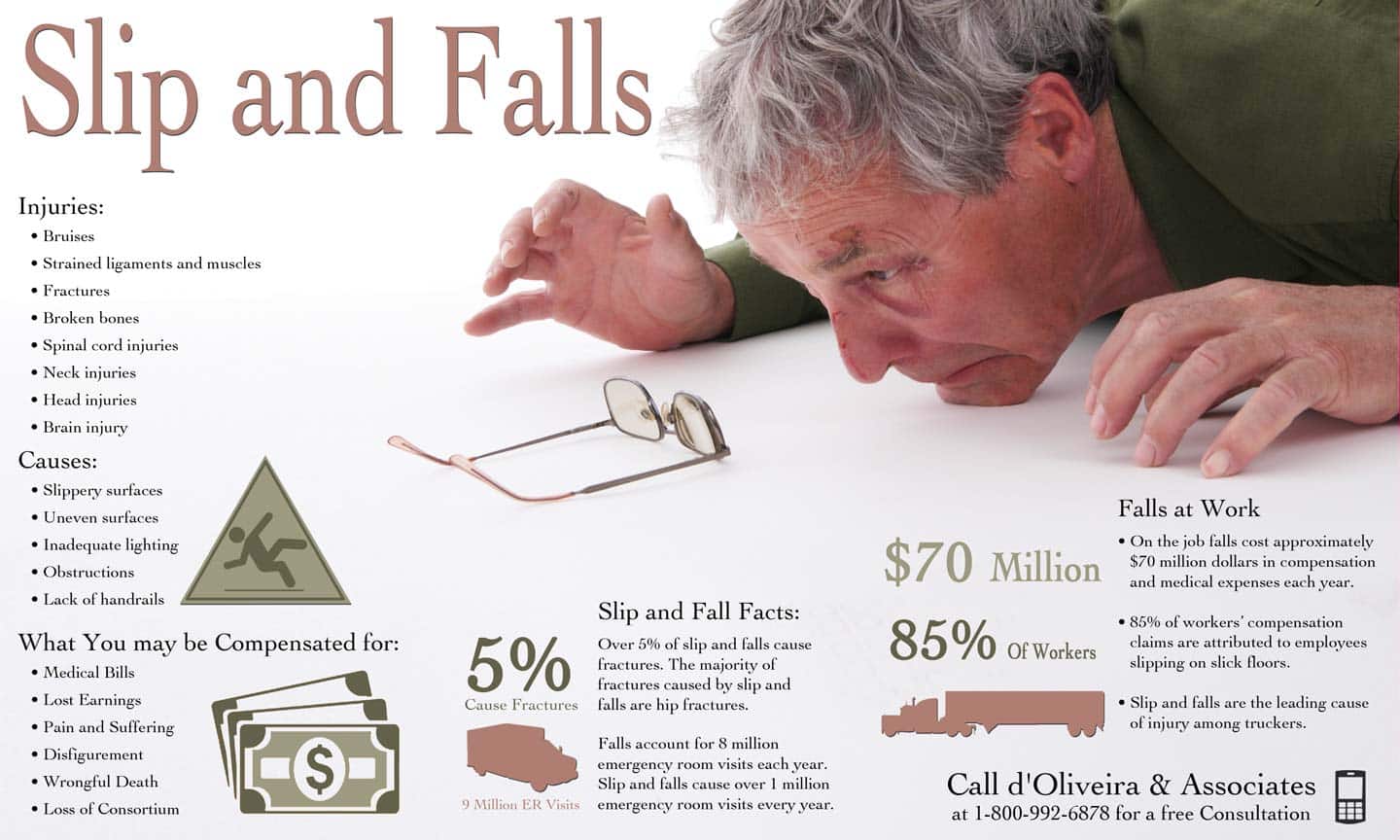Landlord-Tenant Regulation: A Real Estate Lawyer'S Overview
Landlord-Tenant Regulation: A Real Estate Lawyer'S Overview
Blog Article
Content Author-Wilkins Richmond
When it pertains to landlord-tenant regulation, recognizing your legal rights and duties is critical for both celebrations. You could think you have a strong understanding on the fundamentals, yet there are typically subtleties that can catch you off-guard. Whether you're a landlord handling a residential or commercial property or an occupant seeking a steady home, recognizing the legal landscape can make all the difference. What might surprise you are the complexities involved in browsing conflicts and expulsion processes.
Understanding Occupant Legal Rights and Responsibilities
When you rent out a residential or commercial property, it's important to comprehend your civil liberties and duties as an occupant. You can a safe and habitable living setting, suggesting your property owner should preserve crucial services like home heating, plumbing, and power.
You're likewise entitled to privacy; property owners normally need to supply notification before entering your system.
On the other hand, you are accountable for paying lease on time, maintaining the home tidy, and not creating damages beyond normal deterioration.
Familiarize on your own with your lease agreement, as it outlines particular policies and responsibilities. Being aware of these aspects not just safeguards you however likewise fosters a positive relationship with your landlord.
Stay notified, and you'll navigate your tenancy more effectively.
Key Property Owner Responsibilities and Lawful Factors To Consider
While you may recognize your civil liberties as a renter, it's equally essential to recognize your proprietor's commitments.
Landlords need to provide a secure and habitable living environment, ensuring that vital systems like home heating, pipes, and electrical power are in functioning order. They're likewise responsible for making necessary repairs immediately and sticking to local building ordinance.
Additionally, property managers must respect your personal privacy by giving correct notice before entering your device, normally 1 day. They should manage down payment according to state legislations, consisting of returning them promptly after you move out, minus any type of lawful deductions.
Understanding these responsibilities can assist you preserve a positive partnership with your property manager and guarantee your living circumstance satisfies legal criteria.
Browsing Conflicts and Expulsion Procedures
Conflicts between property owners and occupants can occur unexpectedly, making it essential for you to comprehend the procedures involved in settling them.
Initially, interaction is essential-- try to talk about issues directly to find a compromise. If that fails, familiarize on your own with your local legislations regarding conflicts and eviction. File everything: maintain documents of communications, repayments, and any type of infractions.
If expulsion ends up being necessary, ensure you comply with the lawful actions called for in your location, which usually consists of providing created notification and a certain duration for resolution.
Be prepared to go to court if the circumstance rises, maybe your only recourse. Recognizing these processes will certainly assist you browse conflicts more effectively and secure your rights as either a landlord or tenant.
Verdict
In summary, comprehending landlord-tenant regulation is vital for both parties associated with a rental contract. By recognizing your rights and duties, you can cultivate a better living setting and avoid conflicts. If https://writeablog.net/tyron4lashaunda/what-inquiries-should-i-make-with-my-real-estate-attorney develop, remember that a real estate lawyer can aid direct you via the complexities of expulsion procedures and legal responsibilities. Remaining educated and proactive will certainly ensure a smoother rental experience, whether you're a landlord or a lessee.
